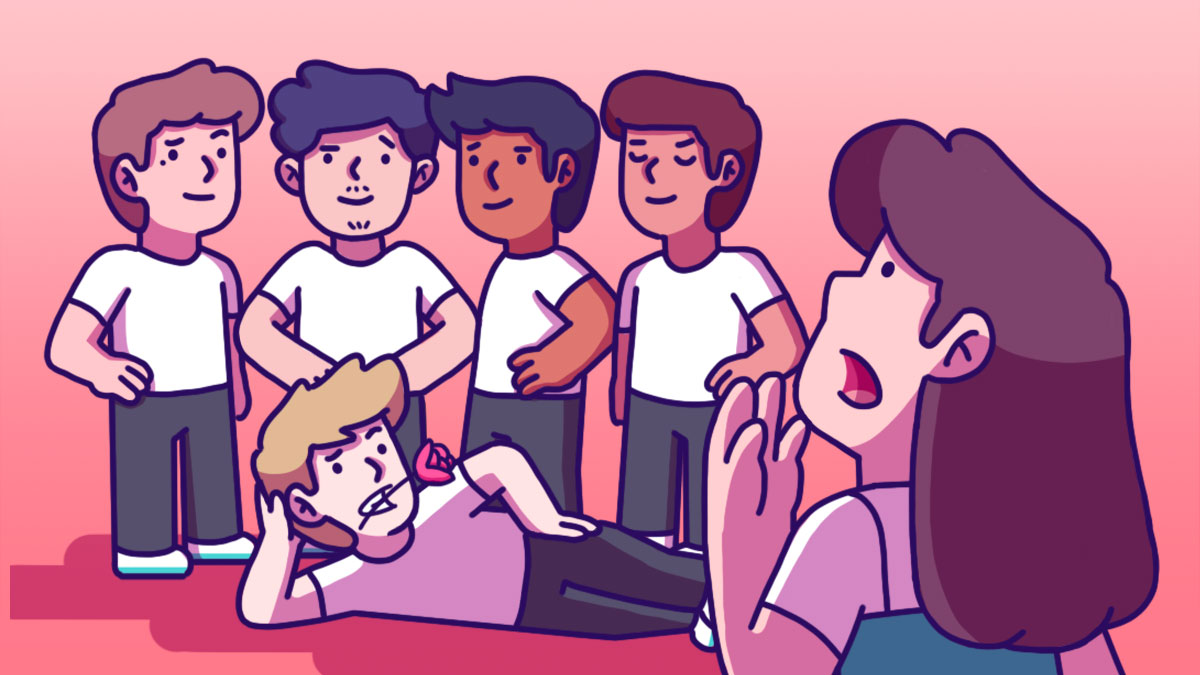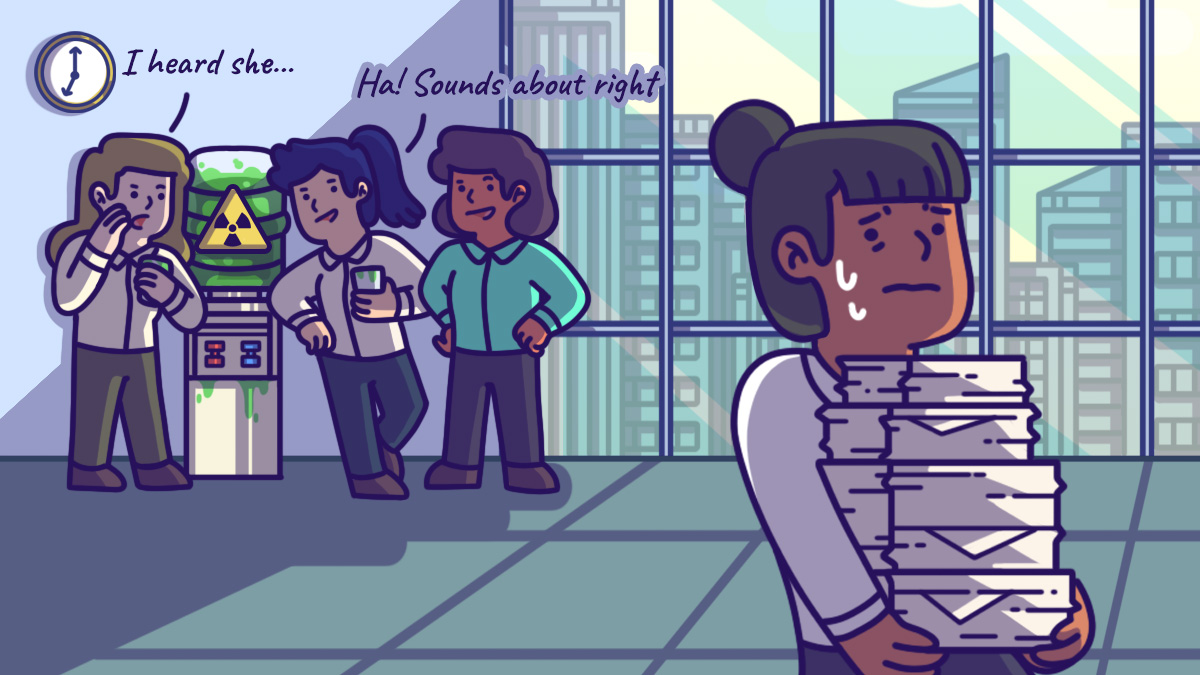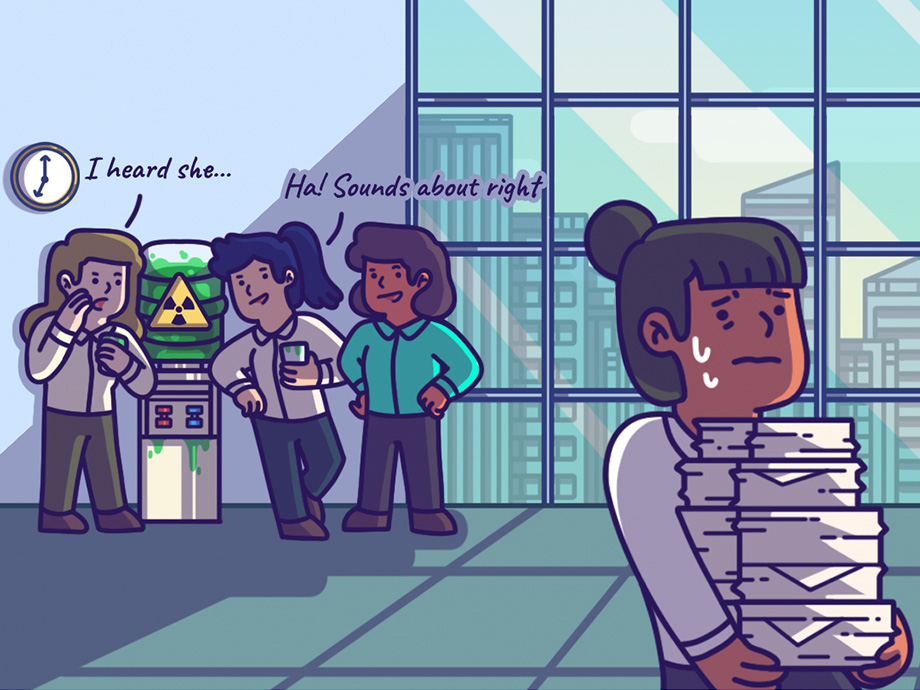Life | Relationships & Family | Article
Are You a Victim of Financial Abuse? Here Are the Signs
by Ooi May Sim | 7 Dec 2023
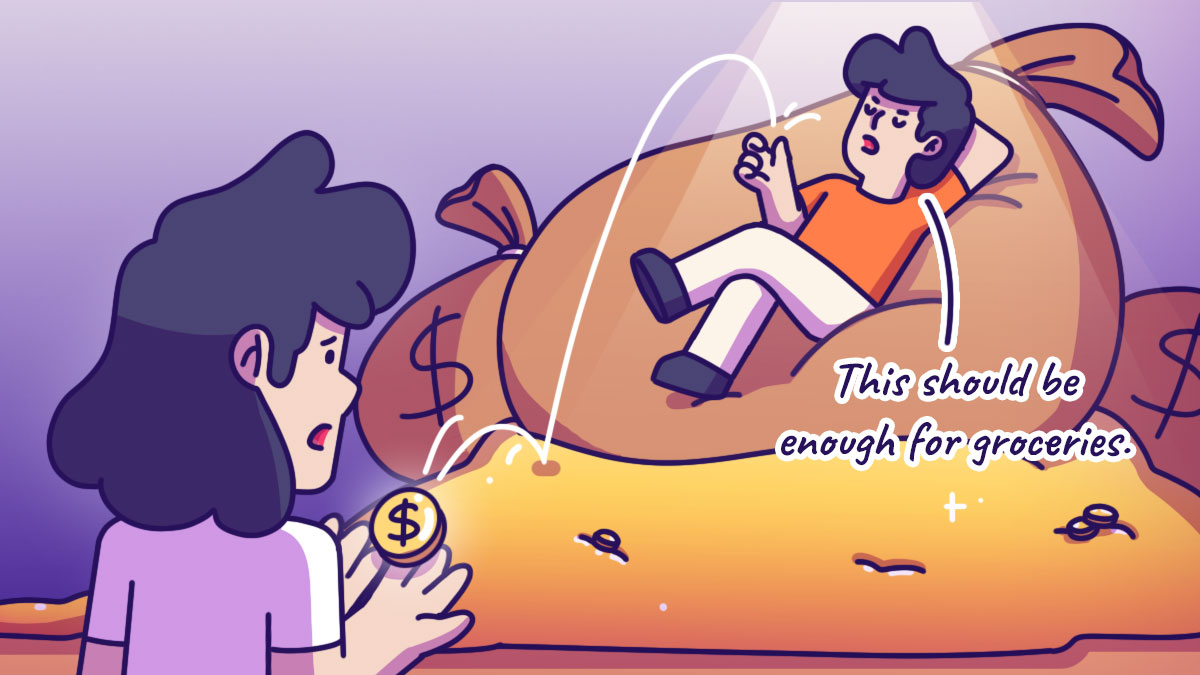
When we think about domestic violence, the first thing that comes to mind is battered bodies and verbal assault. But domestic violence isn’t just limited to that.
Financial abuse is a form of domestic violence that is rarely talked about, says Kavilan Gukacumaran, registered counsellor at mental health counselling centre, Next Chapter Consultancy.
Mimie Rahman, Managing Director and registered counsellor at MINDAKAMI explains that financial abuse occurs when one partner takes control of the other’s financial resources, either explicitly or indirectly.
“This makes it difficult for the victim to access money or make independent and informed financial decisions,” she says.
Kavilan adds that as this form of abuse involves controlling a victim’s ability to acquire, use, and maintain financial resources, it is one of the most powerful methods of keeping a victim trapped in an abusive relationship.
And financial abuse is prevalent in many domestic abuse cases. Women’s Aid Organisation (WAO) found that financial abuse occurred in 80% of the cases they handled in 2020.
It has everything to do with power and control, shares Shalini Devindra, mental health therapist from Cara Cara Mental Fitness.
Shalini stresses that financial abuse stems from the abuser’s need to create a sense of dependency on them, so finances are used as a way to control someone.
“The more control the abuser has over the victim, the less likely the victim is to leave that relationship.
“It’s an extremely isolating experience because the victim usually can’t see a way out of the relationship without a sense of financial security,” she says.
However, as financial abuse often happens gradually, most of the time, victims don’t even realise they are being manipulated or controlled. So, spotting the signs of financial abuse and identifying red flags becomes crucial in identifying if you are in one.
Here are some of the red flags you should look out for, what victims can do to escape abusive relationships and how to prevent it from ever happening to you.
Related
Common red flags to look out for
1. Control
While it may be normal for one person in a relationship to step up and manage shared expenses, it’s quite a different story when one partner takes full control over all the finances and doesn’t give the other partner access to accounts and funds.
As Shalini puts it: “It is withholding, controlling, acquiring and restricting someone’s autonomy through monetary means”.
It could also include the transferring of major assets such as property and cars to their name, says Kavilan.
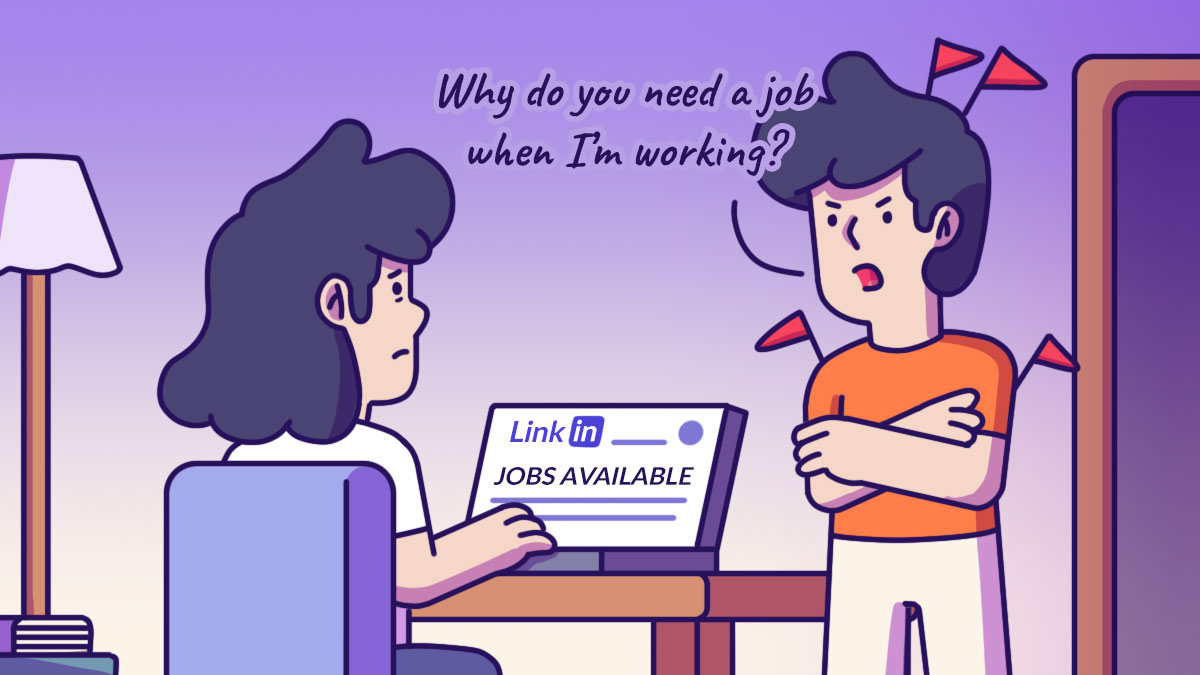
2. Manipulation
Abusers may use gaslighting to make victims feel like they are ‘helping’ them by saying things like, “I am doing what is best for us and the family”.
You could also find payments that were not authorised by you, or that your partner may be hiding assets or stealing money from you, says Kavilan.
3. Double standards
Abusers may have double standards whenever it comes to money. For example, abusers may make victims ask for permission whenever they want to buy something and make them account for every cent they spend, but when it comes to themselves, are allowed to spend freely.
They may also feel entitled to the victim’s assets and make them deposit their salary into a joint account but keep their money separate.
4. Sabotage
Abusers can destroy the victim’s finances by taking loans and raking up credit card bills in the victim’s name. This damages the victim’s credit rating and could even lead to bankruptcy.
And to prevent the victim from gaining access to money, abusers may forbid them to work, sabotage the victim’s current job or a job interview they were planning to go for.
Once the victim is unemployed, they would have to depend on the abuser for money, making them financially vulnerable.
Mimie says that victims may also be forced to isolate from friends and family due to a lack of financial resources.
Related
What you can do if you think you might be a victim
If you feel like your partner is abusing you financially, you need to come up with an escape plan quickly. This requires thoughtful planning and consideration for your safety, and that of your children, if you have any.
Start preparations to leave
Leaving an abusive relationship can be a dangerous time for the victim. An abuser might resort to violence if they discover the plan, so it is important to keep the plan as discreet as possible.
Start gathering essential documents such as your (and your children’s, if you have any) identification cards and passports. These documents can help speed up processes when it comes to aid/support or if you want to apply for a new job.
You should also start building your funds. If you are not earning an income, you could get a job or a side hustle to make some money.
However, if you are in a situation where your safety is in jeopardy, contact the police or a shelter immediately!
Seek help from welfare centres
There are many organisations that help victims of domestic abuse such as WAO, All Women’s Action Society (AWAM) and the Malaysian Bar.
These organisations can help victims identify their options and advise them on what their next course of action should be. For example, if you are a parent, consulting a lawyer will help you understand your legal options regarding child custody and support.
They also provide access to police protection, shelter, legal advice and counselling, and help survivors get back on their feet through education and job placements.
Speak to supportive friends or family members
No one ever thinks that they will end up in an abusive relationship. While victims often feel a lot of embarrassment, there is really no shame in reaching out for support. Speaking to family and friends and telling them what is happening to you can provide the emotional support that is needed to get through these tough times.
Go for counselling
Abuse victims suffer from a lot of trauma and anxiety, so it is important for them to get counselling from a mental health professional to heal emotional scars.
“There is really no one size fits all approach when it comes to abuse because everyone’s experience is so different.
“A lot of victims of abuse have contradictory feelings of leaving because they might love the person [abuser] very much and still realise that they need to leave.
“All these feelings are very confusing, so talking to a counsellor can help them work through that,” says Shalini
Victims may also gain a different perspective from this third party that allows them to understand their situation better, she adds.
Prevention is better than cure
It is important to always take precautionary measures to safeguard your finances. One way to do so is by protecting your financial information. Make sure you have a separate bank account from your partner. And even though you may be in love, you don’t have to share all your information and financial details with them.
“For a relationship to work, there needs to be some level of autonomy and individuality. I don’t think that means you love your partner any less,” says Shalini.
It simply means you are prioritising and protecting yourself so if something were to happen, you know you can support yourself, she adds.
Strengthening your financial literacy can also safeguard your finances, adds Kavilan.
“Always be aware of what you are signing up for, be it loans or credit cards, and always read the fine print and ask questions before signing anything,” he says.
The road to recovery
Recovering from an abusive relationship is a very emotional and stressful period. You would have to assess the financial and emotional damage the abuser left behind and rebuild your life and your finances.
As a mental health practitioner who has experience in handling such cases, I want to emphasise that recovery takes time, says Mimie.
Shalini adds that it is very important to be kind to yourself and give yourself self-compassion because you need time to regenerate your sense of self and autonomy.
“Recovery is a long process, but you are not alone,” says Mimie.
You can seek help from these organisations:
WAO Helpline: 03-3000 8858. Or WAO SMS/Whatsapp line, TINA: 018-988 8058
AWAM Telenita Helpline: 016-237 4221 / 016-228 4221. Or email [email protected].
To find a Malaysian Bar Legal Aid Centre near you, click HERE. https://www.malaysianbar.org.my/article/public/legal-aid/bc-legal-aid-scheme/find-legal-aid-centres/find-legal-aid-centres
You can get counselling from these private centres:
MINDAKAMI: www.mindakami.org
Next Chapter Consultancy: www.nextchapter.com.my
Cara Cara: www.caracara.space
* Note: You might want to save these numbers in your phone under different names to prevent your partner from discovering them.





